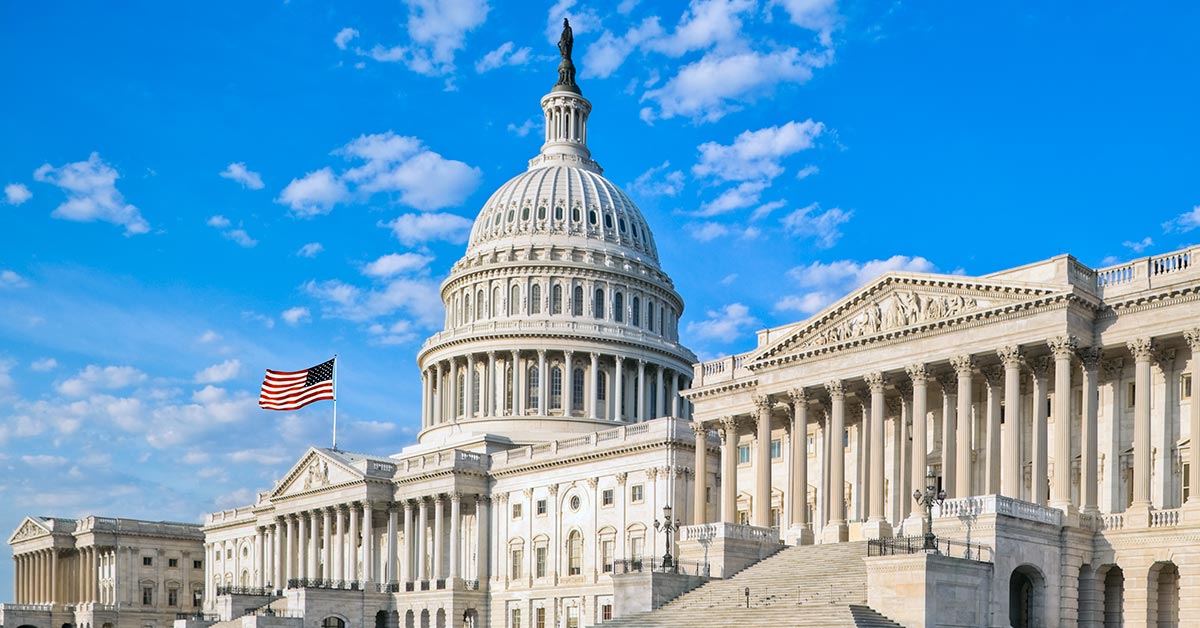3 Questions to Find the Right Accounting Partner for Your Construction Business
This article was originally written in October 2020. It has been updated with new references and information.
1 min read
 John Kammerer, CPA
:
March 10, 2021
John Kammerer, CPA
:
March 10, 2021

March 10, 2021 - The House of Representatives has passed another stimulus bill (the American Rescue Plan Act of 2021) which was recently passed by the Senate. The bill now goes to the President who is expected to sign the legislation.
The bill contains a number of individual and business incentives. A summary of some of the key provisions is as follows:
One of the key features of the new legislation is the 2021 Individual Recovery Rebate. The rebate amount is $1,400 ($2,800 for eligible individuals filing joint returns) plus $1,400 for each dependent of the taxpayer. Individuals eligible to receive the rebate include individuals other than nonresident aliens, dependents, and estates and trusts—but the eligible benefit is reduced for taxpayers with adjusted gross income over $75,000 ($150,000 for joint filers and surviving spouses). The initial rebate amount is determined based on the 2019 tax return unless a 2020 tax return has already been filed.
For 2021, the child tax credit is expanded to include 17-year-old children as qualifying children and increases the credit to $3,000 per child ($3,600 for children under 6). The increased credit amounts are reduced for taxpayers with adjusted gross income over $75,000 ($150,000 for joint filers and surviving spouses).
The bill establishes a Restaurant Revitalization Fund to provide eligible restaurants, food trucks, taprooms, and similar businesses grants. The grant amounts will be limited to the pandemic related revenue loss (the 2019 gross receipts less the 2020 gross receipts) limited to $10 million and $5 million per physical location of the eligible entity. The bill further reduces the eligible grant by any PPP loans received in 2020 or 2021. The grants will not be taxed and the expenses paid with the grant money will be fully deductible. The grant money can be used on payroll costs, mortgage payments, rent, utilities, maintenance, and other operational expenses and supplies.
The bill extends the Employee Retention Credit set to expire on July 1st through December 31, 2021. The credit will be capped at $50,000 per calendar quarter for certain startup businesses with additional incentives for severely financially distressed employers.
The bill contains a number of other provisions that can be beneficial to individuals and businesses including expanded EIDL grants, expanded PPP loans for non-profits, COBRA subsidies, etc. We will provide additional information and guidance as more information becomes available.

This article was originally written in October 2020. It has been updated with new references and information.

Editor's note: this blog was updated in 2025 with additional resources for business owners.

In a significant shift on Friday, March 21, the Financial Crimes Enforcement Network(FinCEN) has revised its Beneficial Ownership Information (BOI)...